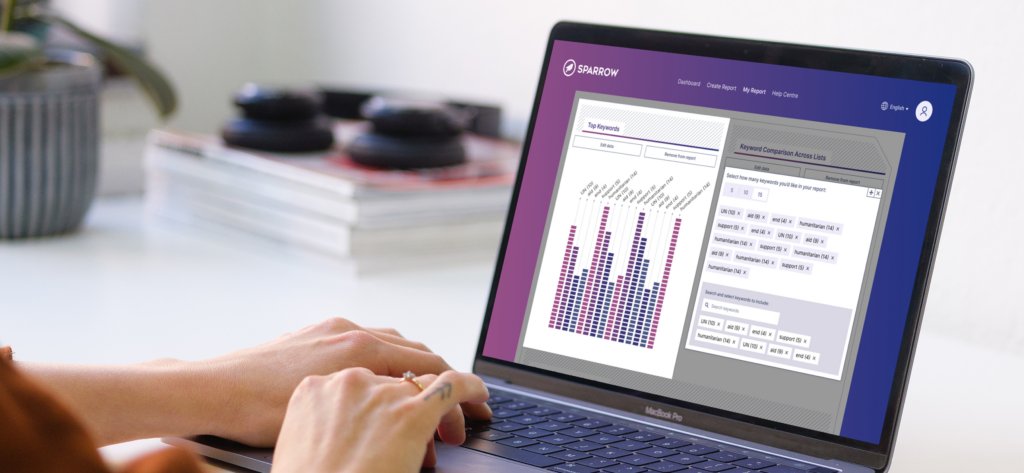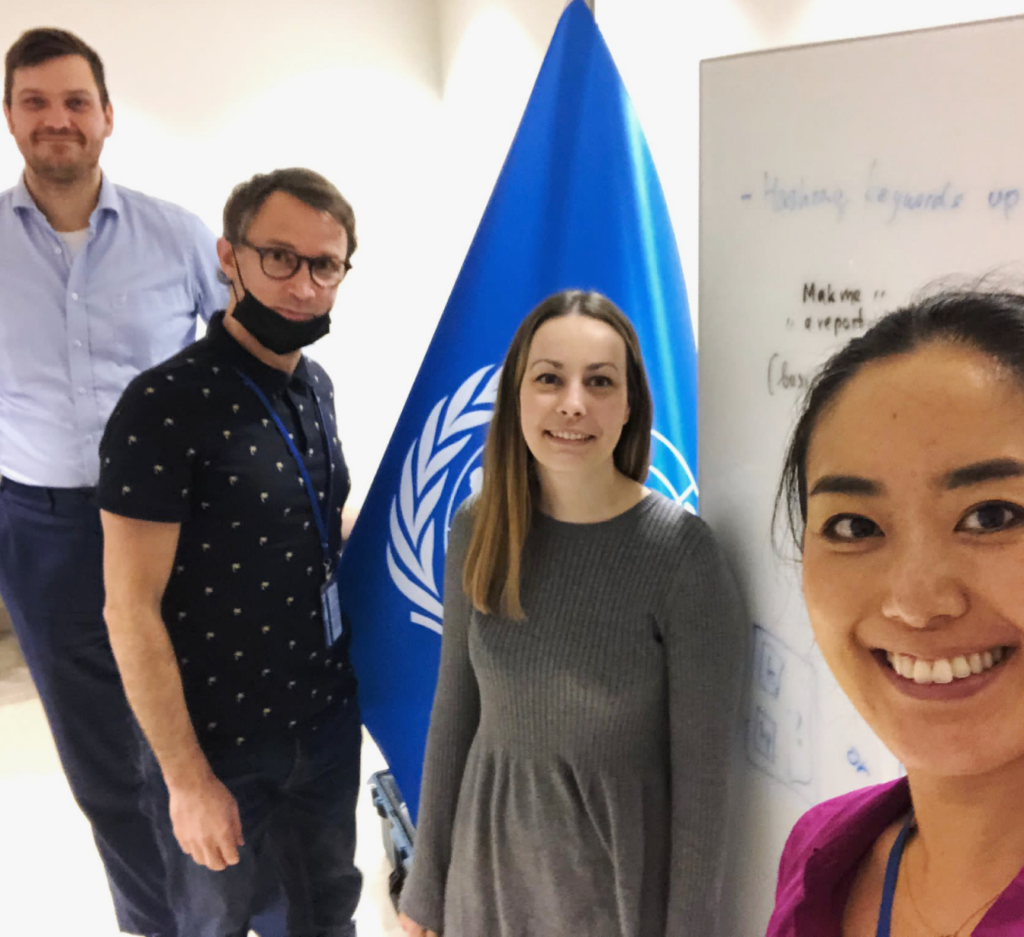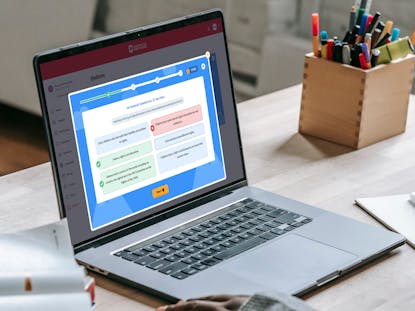The Problem
The project of creating the platform was a very complicated one. They required an internal social media reporting tool that allows the users (UN officers) to take Twitter lists and compile data in a way that’s easily readable, customisable, and ultimately could be sent to any UN member across the globe in a specific format.
Previously, the DDPA team were manually creating reports in Microsoft Word, adding screenshots of content to include as graphics and analysing data gathered by hand. This was incredibly time consuming and took a lot of work to produce. These reports are important because they demonstrate details like public perception and feeling via the keywords and hashtags they use online.
“Social media remains a key channel for enabling collective political expression for youth and is also being used more prominently for diplomatic signalling in international affairs”








